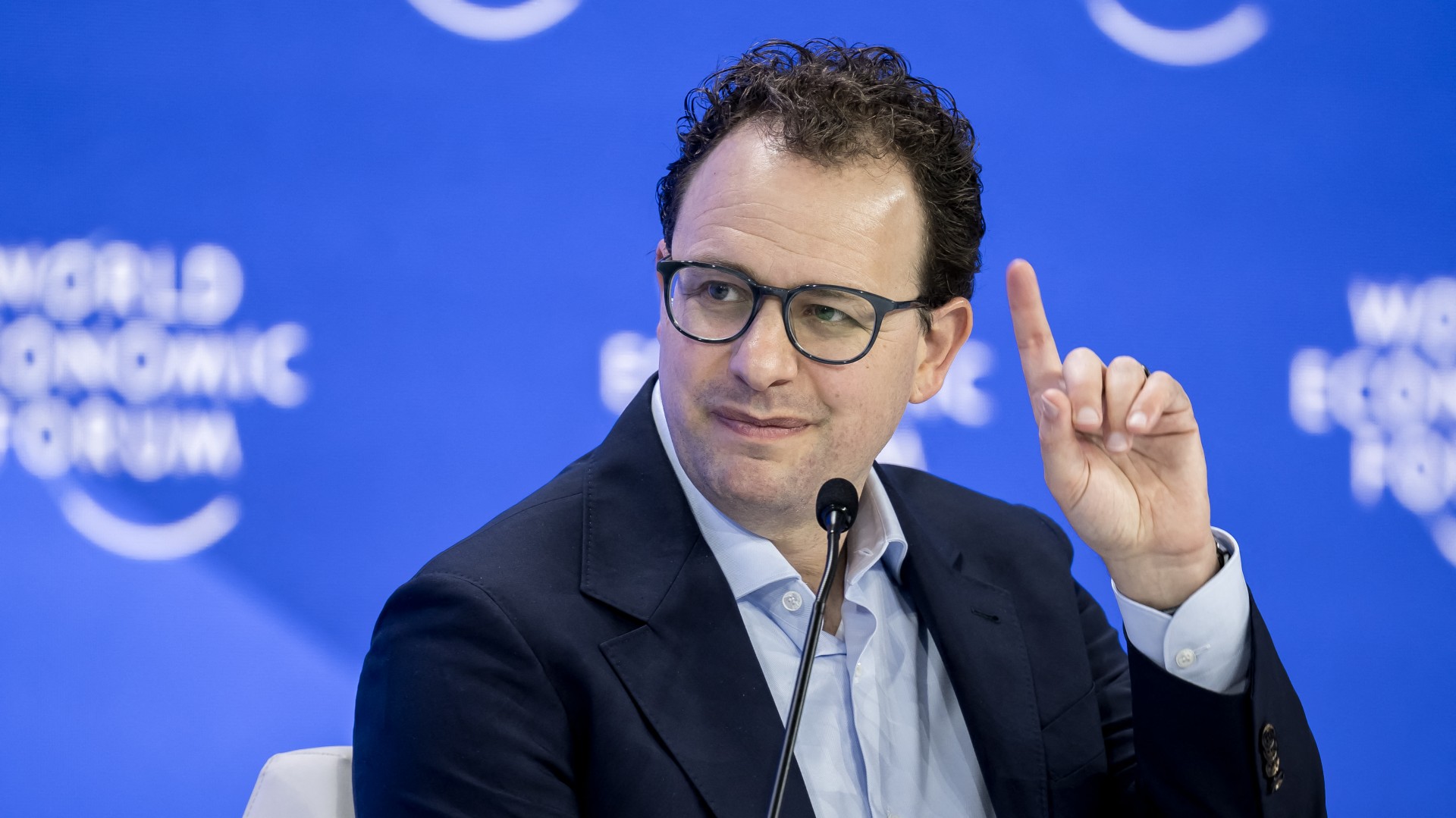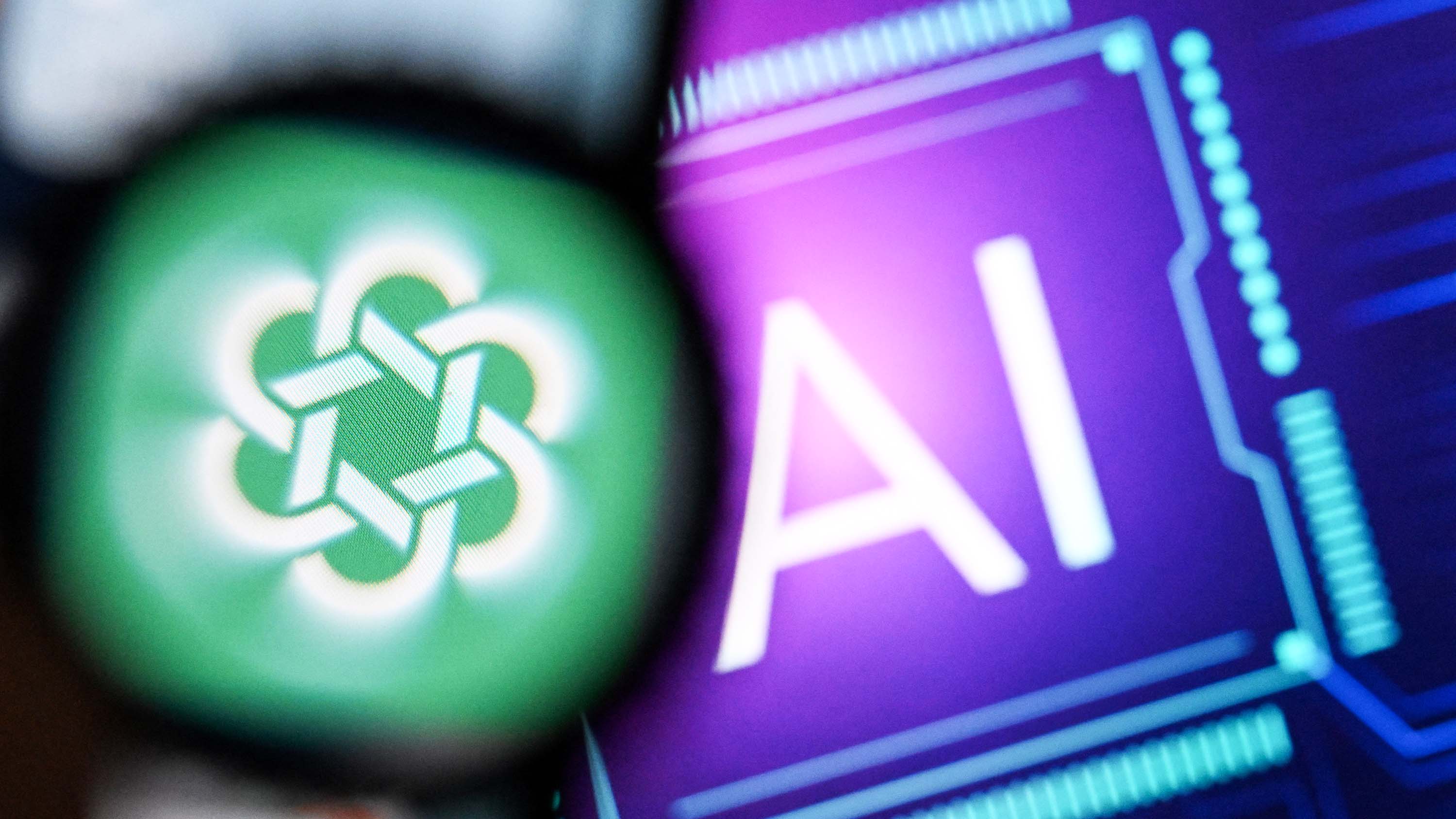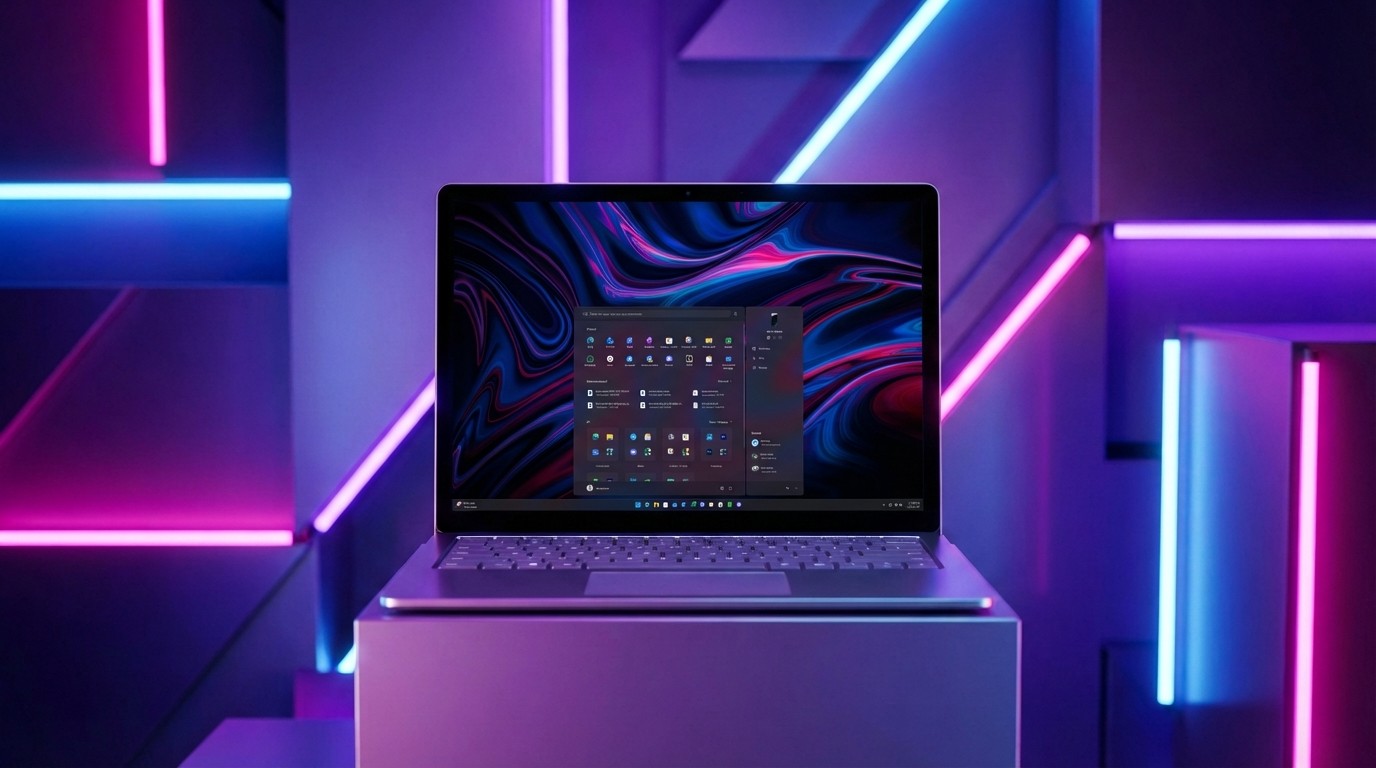"Stop sugar-coating it": Anthropic CEO says AI will slash 50% of entry-level white collar jobs — leaving Gen Z out of work
Dario Amodei claims that AI will take up to half of entry-level jobs, but it will also alleviate serious health issues, such as cancer.

All the latest news, reviews, and guides for Windows and Xbox diehards.
You are now subscribed
Your newsletter sign-up was successful
What would the world look like in an AI-driven society? Microsoft co-founder Bill Gates predicts that AI will replace humans for most things, with a few professions, including those in biology, energy, and software development fields, surviving the revolution.
More recently, Anthropic CEO Dario Amodei echoed similar sentiments. The executive indicated that the government needs to "stop sugar-coating" the threat AI poses to white-collar jobs (via Axios). Perhaps more concerning, Amodei claimed that the technology could take over up to 50% of entry-level white-collar jobs.
According to Anthropic's CEO:
"We, as the producers of this technology, have a duty and an obligation to be honest about what is coming. It's a very strange set of dynamics, where we're saying: 'You should be worried about where the technology we're building is going.'"
While the AI revolution might come with its fair share of challenges, the executive says it could help alleviate serious health issues, such as cancer. This news comes months after AI safety researcher Roman Yampolskiy claimed that there's a 99.999999% probability AI could end humanity.
Interestingly, Google's DeepMind CEO Demis Hassabis recently indicated that we're on the verge of achieving the AGI benchmark, but warned that society isn't ready for all that it entails. He claimed that the prospects of AI systems smarter than humans keep him up at night.
However, OpenAI CEO Sam Altman dismissed the claims, indicating that these threats won't present themselves at the AGI moment. Instead, the AGI moment will come within the next 5 years and whoosh by with surprisingly little societal impact.
All the latest news, reviews, and guides for Windows and Xbox diehards.
AI is already throttling entry-level jobs
Job security is a major concern among most users, aside from personal security and privacy. With its broad adoption across organizations, the technology poses a major threat to repetitive and redundant tasks.
LinkedIn Chief Economic Opportunity Officer (CEOO) Aneesh Raman seemingly echoed similar sentiments. The executive stated that AI poses a significant threat to job postings that traditionally served as a gateway to the job market (via Fortune). Raman compared AI's threat in the job market to the decline of manufacturing in the 1980s:
"Now it is our office workers who are staring down the same kind of technological and economic disruption. Breaking first is the bottom rung of the career ladder."
It will be interesting to see how generative AI affects the job market in the long term and how people adapt to the changes as it gains broad adoption.

Kevin Okemwa is a seasoned tech journalist based in Nairobi, Kenya with lots of experience covering the latest trends and developments in the industry at Windows Central. With a passion for innovation and a keen eye for detail, he has written for leading publications such as OnMSFT, MakeUseOf, and Windows Report, providing insightful analysis and breaking news on everything revolving around the Microsoft ecosystem. While AFK and not busy following the ever-emerging trends in tech, you can find him exploring the world or listening to music.
You must confirm your public display name before commenting
Please logout and then login again, you will then be prompted to enter your display name.

